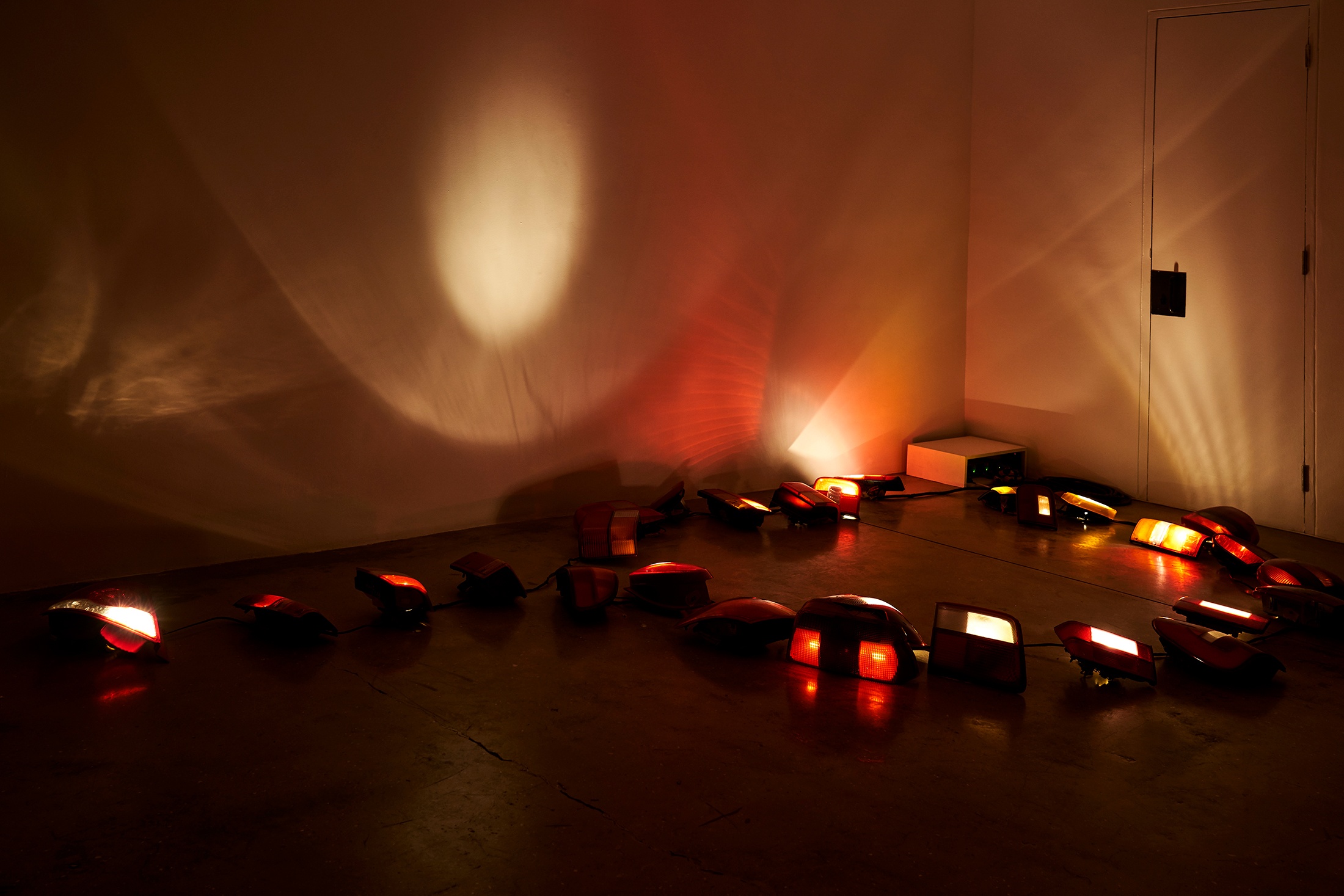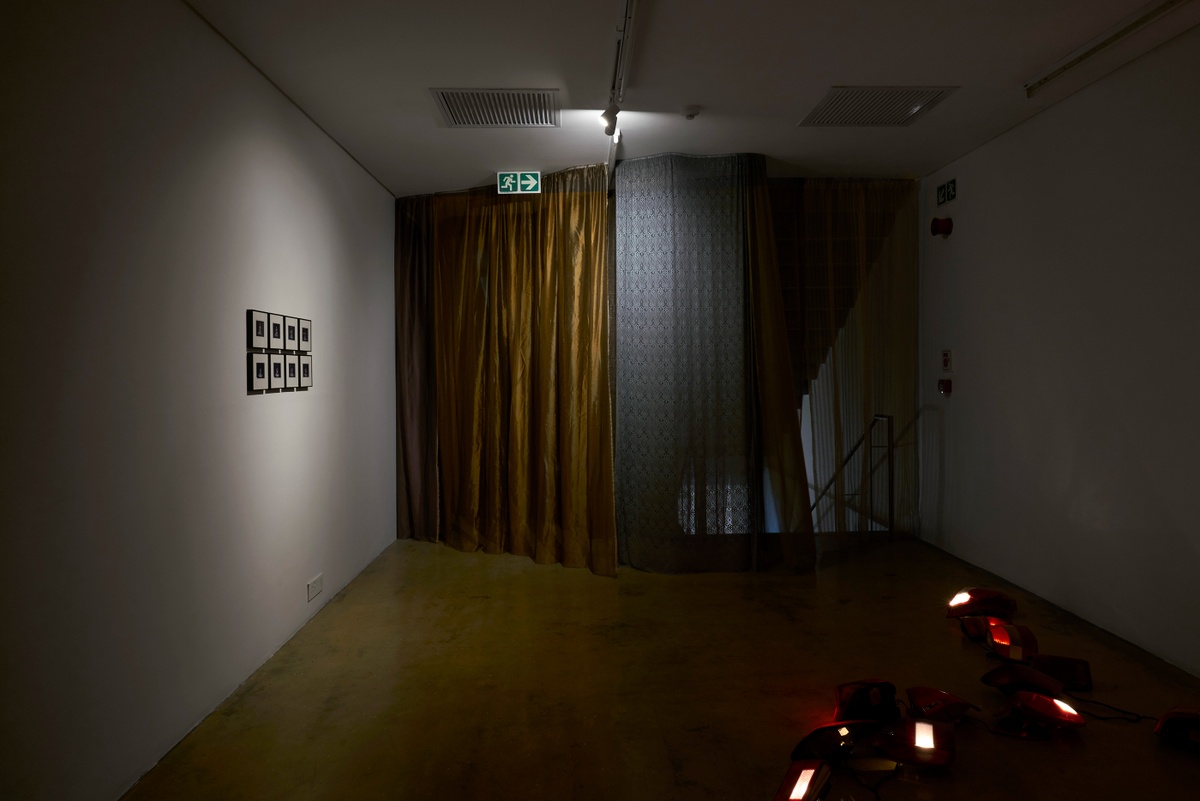Meschac Gaba

b.1961, Cotonou
“I dream,” Meschac Gaba says, “of a museum without walls, in the form of a village, where artists can live, produce, exhibit, and sell their works.” Best known for his itinerant installation Museum of Contemporary African Art (1997–2002), Gaba considers the haphazard engagements European institutions offer non-Western artists. His Museum expands on the existing institutional form in a series of twelve distinct ‘rooms’ or sites of exchange. Some play on familiar features – a library, a museum restaurant, a gift shop – others on invented offerings, like the Humanist Space and Wedding Room. Seldom is the Museum exhibited in its entirety; its discrete rooms more often appearing as autonomous offerings. The rooms – which exist as architectural propositions rather than four-walled spaces – are furnished with personal objects, artefacts, artworks; a collision of African and Western cultural detritus. To Gaba, the Museum is “not a model, only a question”; a question to which he continues to return. What might a universal understanding of art and its institutions look like? In worrying the role of museums, he asks how they might better serve a global society as spaces of meaningful exchange.

